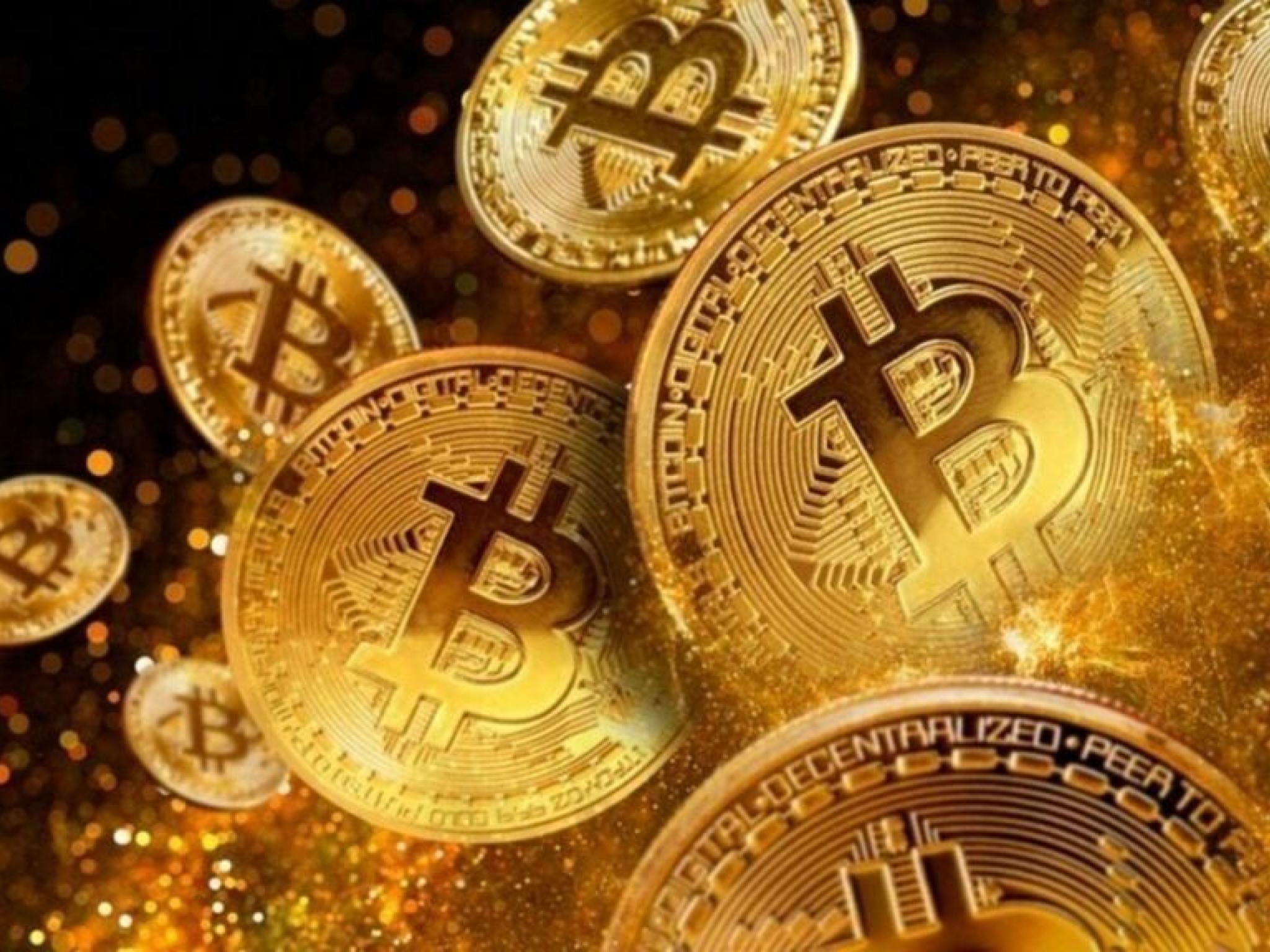
Bitcoin's (CRYPTO: BTC) historic surge past $100,000 has sparked varied reactions from industry leaders, who point out its transformative potential among looming economic uncertainties.
Speaking with Benzinga, experts emphasize the milestone’s significance for decentralized finance, institutional adoption and the evolving global financial ecosystem while urging caution amid market volatility.
Bitcoin surged past the $100,000 milestone on Thursday morning, peaking at $103,679 before stabilizing at $102,450, according to CoinGecko data.
With its new all time high, Bitcoin is now the world’s 10th largest currency, only to trail Canadian and Hong Kong dollars.
Bitcoin’s has triggered varied responses from industry leaders, reflecting on the implications for the cryptocurrency's future, the broader decentralized finance (DeFi) ecosystem, and its interplay with traditional financial markets.
James Toledano, COO of Unity Wallet, described the achievement as a "defining moment" for Bitcoin and the entire DeFi ecosystem.
"At this record-high price point, it signals growing mainstream acceptance and the culmination of over a decade of innovation," Toledano told Benzinga.
However, he cautioned against viewing $100K as a stable price floor, citing Bitcoin's history of volatility. "Corrections always come. For new entrants, I'd caution going all-in when the price is at an all-time six-figure high."
Toledano emphasized Bitcoin's potential to catalyze broader adoption of crypto-based payment systems and DeFi protocols, stating, "$100K reinforces the notion that decentralized technologies offer a viable alternative to traditional financial systems."
In a note sent to Benzinga, Raj Brahmbhatt, CEO of Zeebu, highlighted the milestone as validation of Bitcoin's legitimacy as a store of value and its role in redefining financial systems.
"This isn't just about a number; it's a pivotal moment that underscores the real-world utility of blockchain technology," Brahmbhatt said.
He also noted that the event signals a shift in public sentiment toward decentralized assets and away from traditional finance.
Sumit Gupta, co-founder of CoinDCX, celebrated the moment as a psychological breakthrough for Bitcoin.
"It's incredible to see how far we've come—from Satoshi Nakamoto's vision to Bitcoin becoming a significant player in the global financial ecosystem," Gupta said.
He predicted increased institutional and retail adoption, with Bitcoin becoming further integrated into mainstream investment products.
Also Read: XRP Price Explodes 415% In 30 Days: Experts Analyze Why XRP Is Going Up
Brett Reeves, Head of Go Network at BitGo, viewed the $100K milestone as reflective of Bitcoin's growing appeal as a store of value and hedge against macroeconomic uncertainty.
"This borderless asset continues to attract adoption by individuals, institutions and governments alike," Reeves said, reiterating the importance of robust infrastructure to support the next wave of adoption.
David Morrison, Senior Market Analyst at Trade Nation, linked Bitcoin's recent surge to optimism surrounding Donald Trump's pro-crypto administration.
"Investors expect a Trump administration to push for a much friendlier regulatory framework," Morrison noted.
However, he warned that Bitcoin's trajectory has often included sharp corrections after significant rallies.
Sergei Gorev, Head of Risk at YouHodler, predicted a moderate price increase beyond $100K but cautioned about potential corrections. "The cryptocurrency market is very fond of round numbers, and the price often unfolds in such cases," Gorev explained. He pointed to technical indicators suggesting a correction could be imminent.
Vishal Sacheendran, Head of Regional Markets at Binance, called the milestone a pivotal moment for Bitcoin's transition from a niche asset to a mainstream financial instrument.
"Discussions around a U.S. Strategic Bitcoin Reserve and corporate treasury integration signal a shift toward mainstream adoption," Sacheendran said.
He added that innovations in DeFi, tokenized assets and blockchain interoperability are likely to redefine financial systems.
Read Next:
Image: Shutterstock







